What You Need To Know About Tea Tree Oil And Your Hair
Tea tree oil, apart from being beneficial to your skin, can also be used as part of your hair care regimen to treat hair loss. However, before using tea tree oil to treat you hair, you should consult with a physician. Tea tree oil is good for your hair because it has the ability to clear up any clogged follicles by removing dead skin and it protects your hair from dandruff and any fungal or bacteria growth.
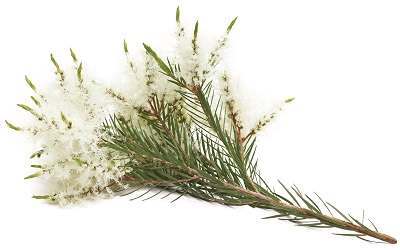 Your Scalp
Your Scalp
Dandruff and a condition called seborrheic dermatitis can cause problems for your scalp, resulting in dry, itchy skin. Overtime, this leads to a buildup of dead skin on the scalp that encourages hair loss. The use of a tea tree oil shampoo is considered a successful treatment based on scientific research. It has antifungal and antibacterial properties. This aids in healing your scalp from any microorganisms that have come in contact with your skin. However, while using tea tree oil shampoo minimizes a flaky scalp, there needs to be more research to conclude how efficient this is in the long run.
Scalp and Hair Health
Putting aside the possibility of having a conditioned scalp, hair that is not properly cared for may still lead to hair loss due to lack of nourishment. Many people unknowingly use products on their hair that lead to damage in the long run, such as chemical laden shampoos or extensive exposure to heat as a result of styling. The long-term effect of this results in extensive damage to your hair, because when hair lacks the sufficient moisture, it increases the occurrence of splits ends and brittleness. Tea tree to be used to prevent the buildup of residual product on your scalp and follicles, which will in turn encourage hair growth on your scalp. It adds moisture to your hair, while simultaneously inhibiting any excess oil from building up that may result in clogged follicles.
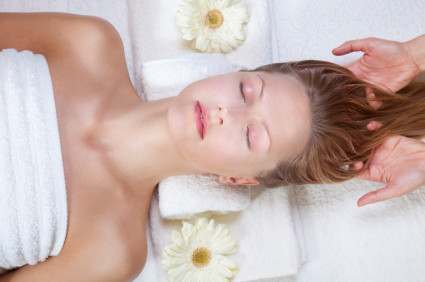 Application and Dosage
Application and Dosage
Depending on your preferences, there are various application methods for using tea tree oil on your hair. Do keep in mind that different applications may suit different individuals. For sensitive skin that is prone to irritations, it’s recommended to use a diluted mixture of tea tree oil. Mix it with another oil that is bland, such as almond oil. Use a ratio of one to ten and then apply. Many commercial shampoos may include a certain amount of tea tree oil in their ingredients, ranging from five to ten percent. Make use of these examples to treat your hair with tea tree oil. But do bear in mind that following the directions as provided by a doctor or health care specialist is crucial.
Additional Considerations
People who experience hair loss as a result of autoimmune conditions will have to look into the required treatments. Tea tree oil cannot be successful for such conditions, or in cases of hair loss due to aging or genetics. It should kept in mind that if you experience a severe cases of dandruff or any other scalp condition, you ought to discuss treating your hair loss problems with tea tree oil with your doctor. Furthermore, remember that tea tree oil may not suit you. If your skin reacts in any negative way, by getting irritated or with a rash, stop the treatment immediately.

 Subscribe Now
Subscribe Now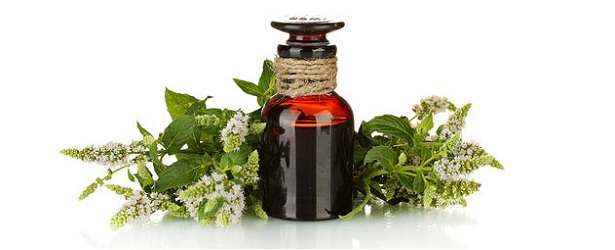
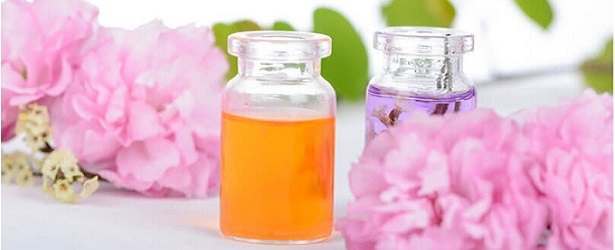
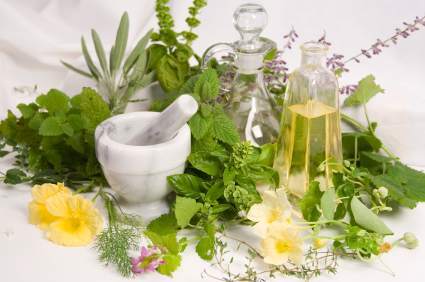 Naturally Made Shampoos
Naturally Made Shampoos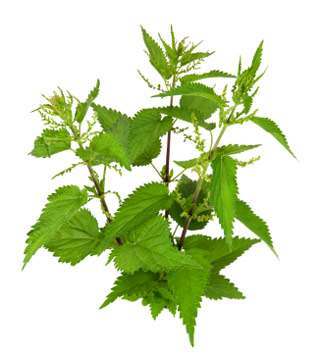

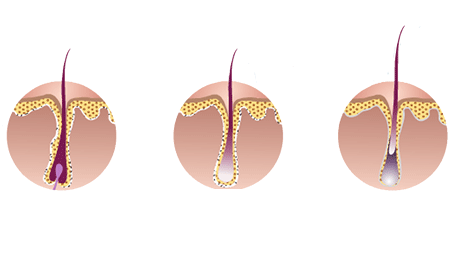 Hair Growth
Hair Growth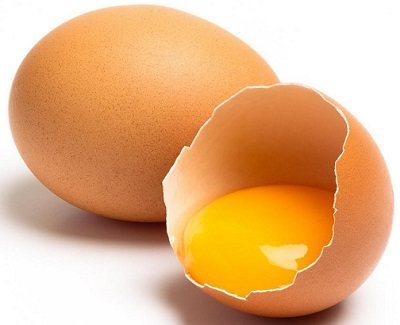 Part of the B vitamin family, biotin is manufactured inside your body in your intestine. Not having enough in your system will lead to the loss of hair. A study showed that eggs are a good source of biotin, but it’s important to remove the egg whites. The experiment that determined this occurred when an young boy consumed raw eggs resulted in hair loss. Upon having him consume only the yolks, his hair growth returned to normal. Upon further inspection, they discovered that avidin was present in egg whites, restricts biotin from working properly.
Part of the B vitamin family, biotin is manufactured inside your body in your intestine. Not having enough in your system will lead to the loss of hair. A study showed that eggs are a good source of biotin, but it’s important to remove the egg whites. The experiment that determined this occurred when an young boy consumed raw eggs resulted in hair loss. Upon having him consume only the yolks, his hair growth returned to normal. Upon further inspection, they discovered that avidin was present in egg whites, restricts biotin from working properly.
 Folic acid, which is a synthetic version of folate, works on your tissues and cells, affecting your skin, hair, nails and internal organs. According to research, it fosters growth, thereby preventing birth defects such as anencephaly and spinal bifida. Because folic acid works with
Folic acid, which is a synthetic version of folate, works on your tissues and cells, affecting your skin, hair, nails and internal organs. According to research, it fosters growth, thereby preventing birth defects such as anencephaly and spinal bifida. Because folic acid works with 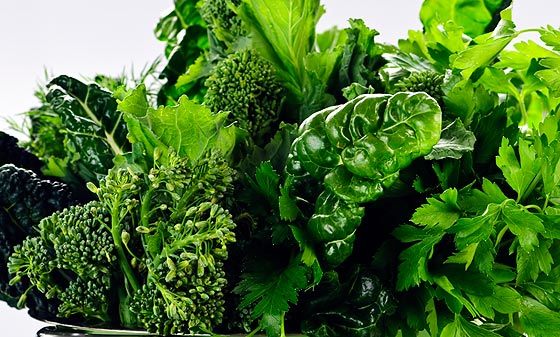 The appearance of grey hair, mouth ulcers, peptic ulcers, a swollen tongue and poor growth are some of the symptoms experienced as a result of insufficient folic acid. Furthermore, studies indicate that it can lead to certain types of anemia.
The appearance of grey hair, mouth ulcers, peptic ulcers, a swollen tongue and poor growth are some of the symptoms experienced as a result of insufficient folic acid. Furthermore, studies indicate that it can lead to certain types of anemia.
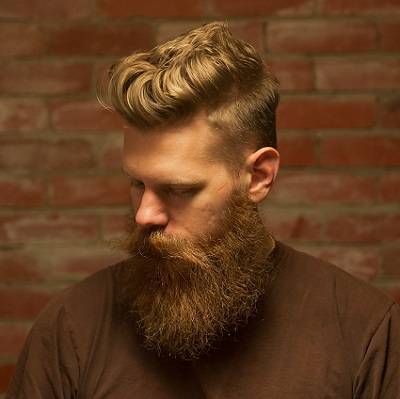 The Testosterone Myth
The Testosterone Myth Can You Take Supplements?
Can You Take Supplements?
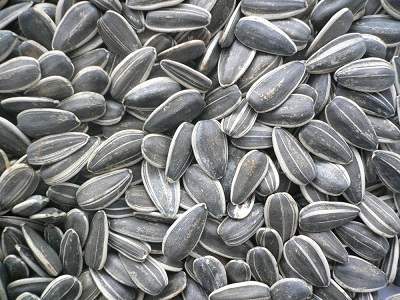 Zinc
Zinc Iron
Iron
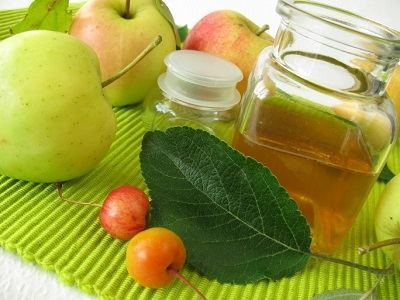 According to sources, apple cider vinegar may used in one of two ways in order to increase hair growth; by consuming it orally, or applying it to the scalp.
According to sources, apple cider vinegar may used in one of two ways in order to increase hair growth; by consuming it orally, or applying it to the scalp.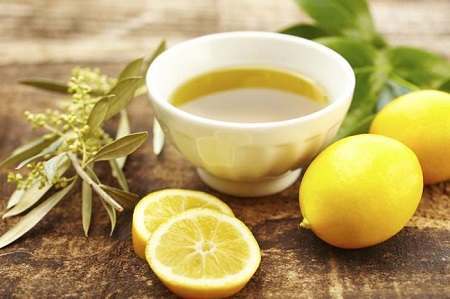 Mixing olive oil with lemon or lime juice in a ratio of four to one and gently massaging that mixture into your scalp for a few minutes before shampooing your hair (with a gentle shampoo) is the recommended course of action. It’s important to use natural and organic products such as virgin olive oil and fresh limes or lemon.
Mixing olive oil with lemon or lime juice in a ratio of four to one and gently massaging that mixture into your scalp for a few minutes before shampooing your hair (with a gentle shampoo) is the recommended course of action. It’s important to use natural and organic products such as virgin olive oil and fresh limes or lemon.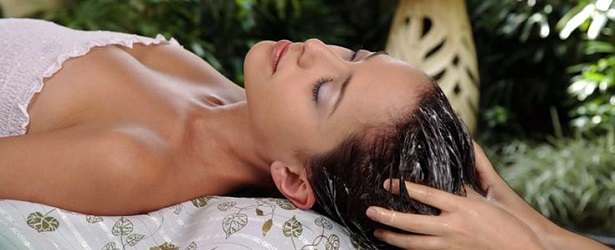
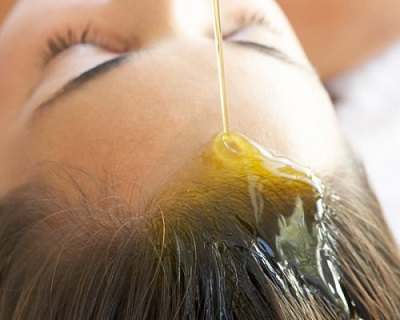 Massaging To Stimulate Growth
Massaging To Stimulate Growth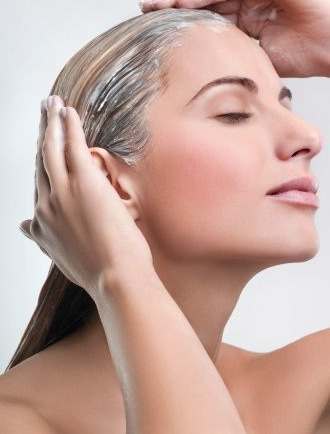
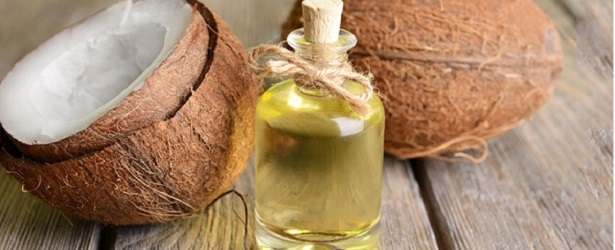

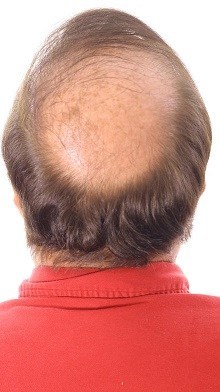 Rogaine is ideal for men who are under 40 years of age who are suffering from a receding hairline but are not yet completely bald. It is also used by patients who lost their hair because of illnesses or treatments like chemotherapy. Rogaine is applied topically. Propecia is a pill that works against a hormone which is known to cause hair loss and it is only available for men.
Rogaine is ideal for men who are under 40 years of age who are suffering from a receding hairline but are not yet completely bald. It is also used by patients who lost their hair because of illnesses or treatments like chemotherapy. Rogaine is applied topically. Propecia is a pill that works against a hormone which is known to cause hair loss and it is only available for men.
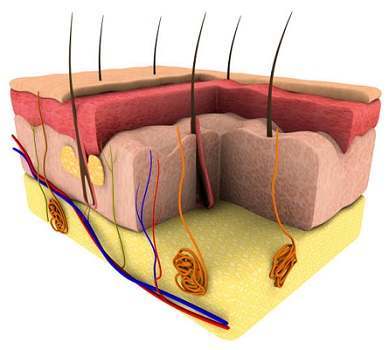 The D vitamin is an essential nutrient for a number of reasons. It promotes healthy skin and bones as well as healthy hair growth. An academic journal called Stem Cells Translational Medicine published a study in 2012 that stated that vitamin D helps the body create new hair follicles as well as help reinvigorate hair follicles that seem to have stopped producing hair.
The D vitamin is an essential nutrient for a number of reasons. It promotes healthy skin and bones as well as healthy hair growth. An academic journal called Stem Cells Translational Medicine published a study in 2012 that stated that vitamin D helps the body create new hair follicles as well as help reinvigorate hair follicles that seem to have stopped producing hair. Another option is to take a vitamin D supplement. However, you should only take a supplement if you have a serious deficiency and do not have a way to get it through food or sunlight.
Another option is to take a vitamin D supplement. However, you should only take a supplement if you have a serious deficiency and do not have a way to get it through food or sunlight.  Certain groups of people find themselves deficient in B vitamins. Older people, vegetarians and vegans are the most common people with this issue and in these cases a supplement can make up the remaining necessary vitamins. Unlike vitamin D, B-12 is safe and it does not do damage if you go over a certain limit. However, you should always check with a health professional before you begin new supplements.
Certain groups of people find themselves deficient in B vitamins. Older people, vegetarians and vegans are the most common people with this issue and in these cases a supplement can make up the remaining necessary vitamins. Unlike vitamin D, B-12 is safe and it does not do damage if you go over a certain limit. However, you should always check with a health professional before you begin new supplements.